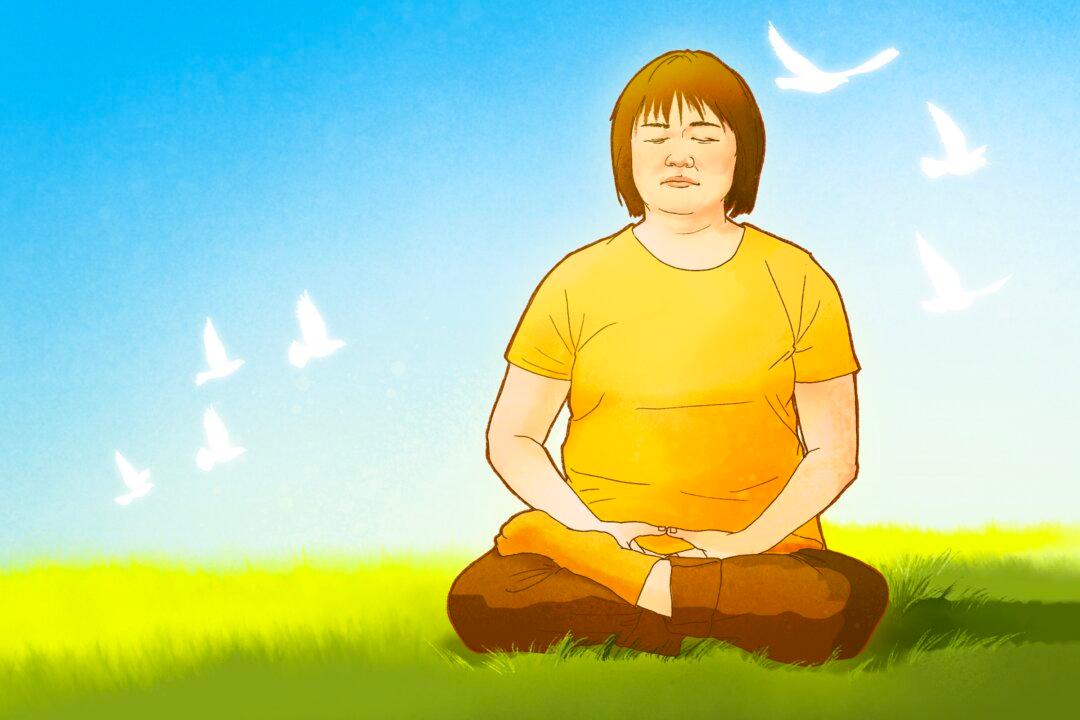For a long time, both conservative and liberal politicians in South Korea have kept silent on CCP’s human rights issues. It is rare for a prominent South Korean political party leader to directly comment on these issues to the CCP ambassador to South Korea.
In the National Assembly meeting on July 12, Lee said to Xing in his opening remarks that “[he] hopes the economic-focused CCP can actively participate in international affairs in accordance to international standards.”
Lee is a 36-year-old Harvard graduate and the newly installed leader of the “People Power Party.” He is the youngest leader of a major political party in South Korean history.
“A country’s economic and cultural prosperities are important, but it is also important to be in line with the current social standards,” Lee said. “I look forward to China’s continued development in these areas in order to gain respect and recognition from other countries.”
Lee and Xing held a private forum after their public meeting. In a press conference after that, when asked by a reporter, Lee replied that he conveyed his concerns about Hong Kong and other CCP-related human rights issues to Xing. And the young generation of South Koreans hopes for a peaceful resolution of these issues.
On the same day of Lee and Xing’s meeting, Bloomberg released its interview with Lee on July 9.
Lee took part in Hong Kong’s protests in 2019. He urged fellow millennials to push back against the CCP’s “cruelty” in places like Hong Kong.
“We’re definitely going to have to fight against the enemies of democracy (CCP),” Lee said when asked about the pro-democracy movement in Hong Kong.
“I can definitely say the Moon administration is leaning towards China,” Lee added. “And [the Korean public] is not happy about it.”
Last month, Lee gained tremendous voter support with his anti-feminist movement and became the largest opposition party leader, the People Power Party. He plans to lead his party to compete in the presidential race in March next year. Lee’s quick rise in politics indicates that young Koreans’ political orientation is shifting from liberal to conservative.





